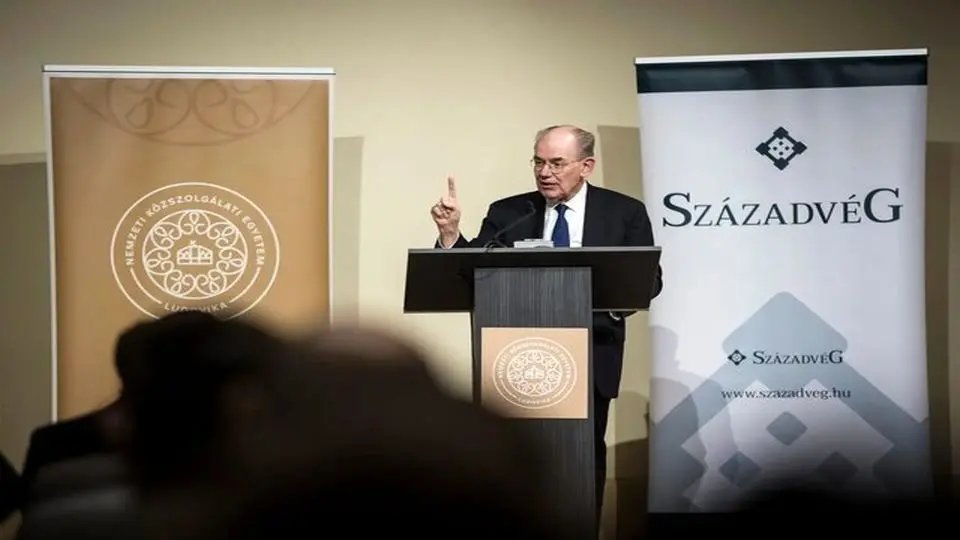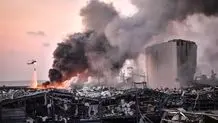Mearsheimer: Syria will be chaotic for the foreseeable future
Syria is set to go through a prolonged period of chaos now that Bashar Assad’s government has fallen, John Mearsheimer, a professor of political science at the University of Chicago, has predicted.

ISNA - Last week, opposition forces, led by Hayat Tahrir al-Sham (HTS) jihadists, launched a surprise offensive across Syria and took control of its major cities, including the capital Damascus. The erstwhile president has since resigned and sought asylum with his family in Russia.
In the latest episode of Going Underground, published on Saturday, Mearsheimer suggested that it’s hard to imagine that a “coherent government” will soon be formed in Damascus that would be capable of controlling the entire country.
“How this all plays out moving forward is almost impossible to say, other than it looks like there will be considerable chaos in Syria for the foreseeable future,” the professor said, noting that the sudden regime change is only a “short-term success” for those who had backed the opposition forces, primarily the US.
“We [the US] basically threw our lot in with a number of Al Qaeda and ISIS operatives and they won,” Mearsheimer said, adding that the White House and American media were now doing everything they can to “clean up” HTS leader Mohammed al-Jolani, who is still an internationally wanted terrorist and has a US-issued $10 million bounty on his head.
“These journalists understand full well, most Americans understand … that the US is supporting terrorists” despite the media trying to portray the HTS victory as a positive development, the professor said.
As for how the HTS had managed to overthrow the Syrian government, which had for years been assisted by Russia and Iran, Mearsheimer suggested that the country’s military had long-standing critical issues that Assad had failed to address and was “hollowed out” and simply “couldn’t stand up to the rebels.”
The professor claimed that while the fall of the Assad government was not a critical loss for Russia, it could prove to be an “existential” development for neighboring Iran and prompt Tehran to fast track its development of nuclear weapons. He admitted, however, that the country’s leadership has yet to make any indications regarding such a move and it would still take it several years to develop this kind of capacity.




